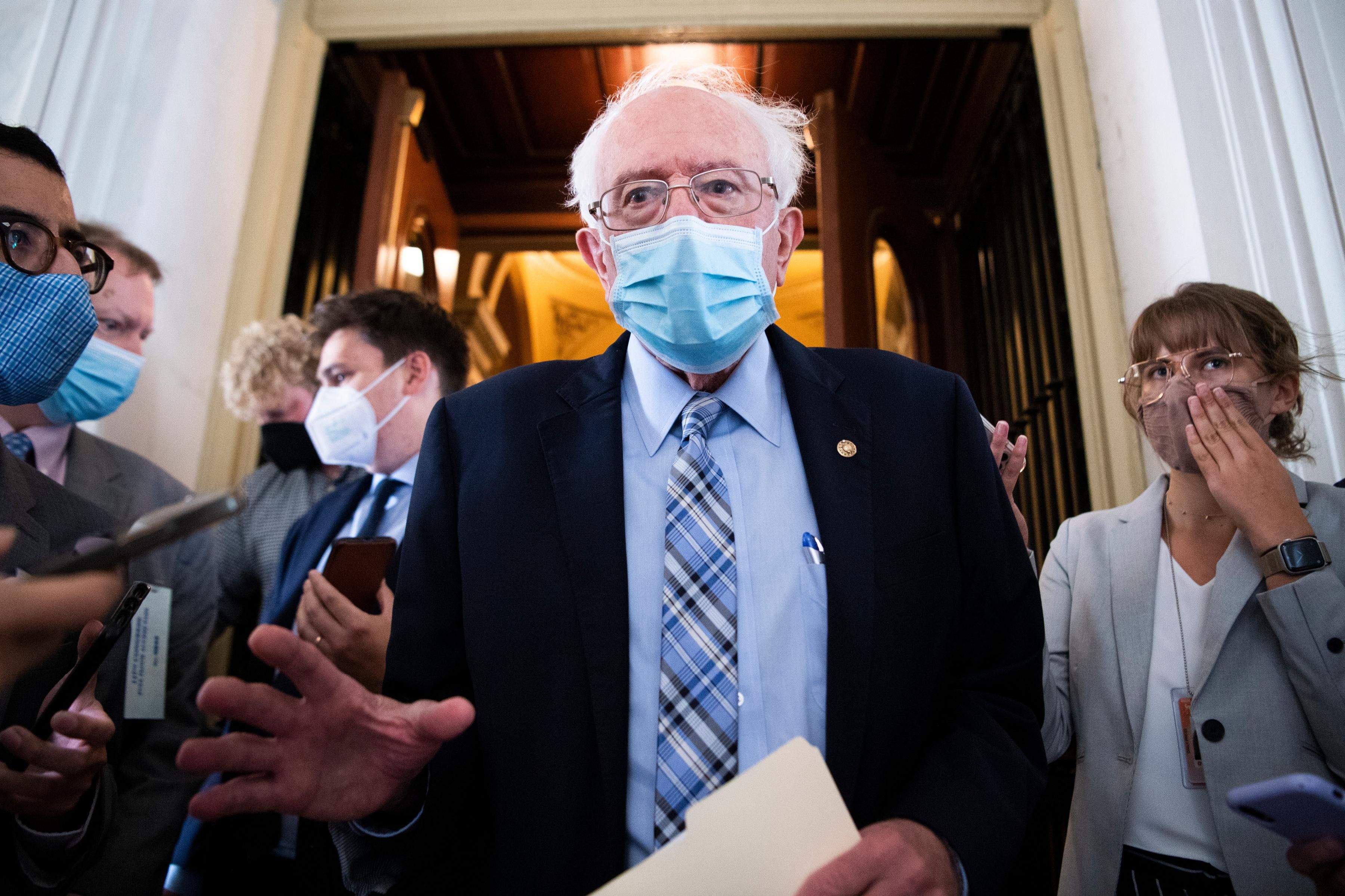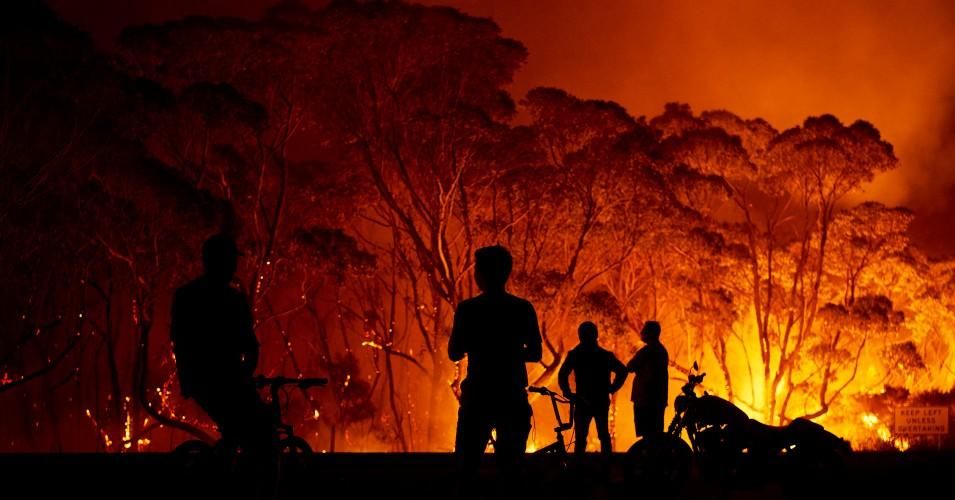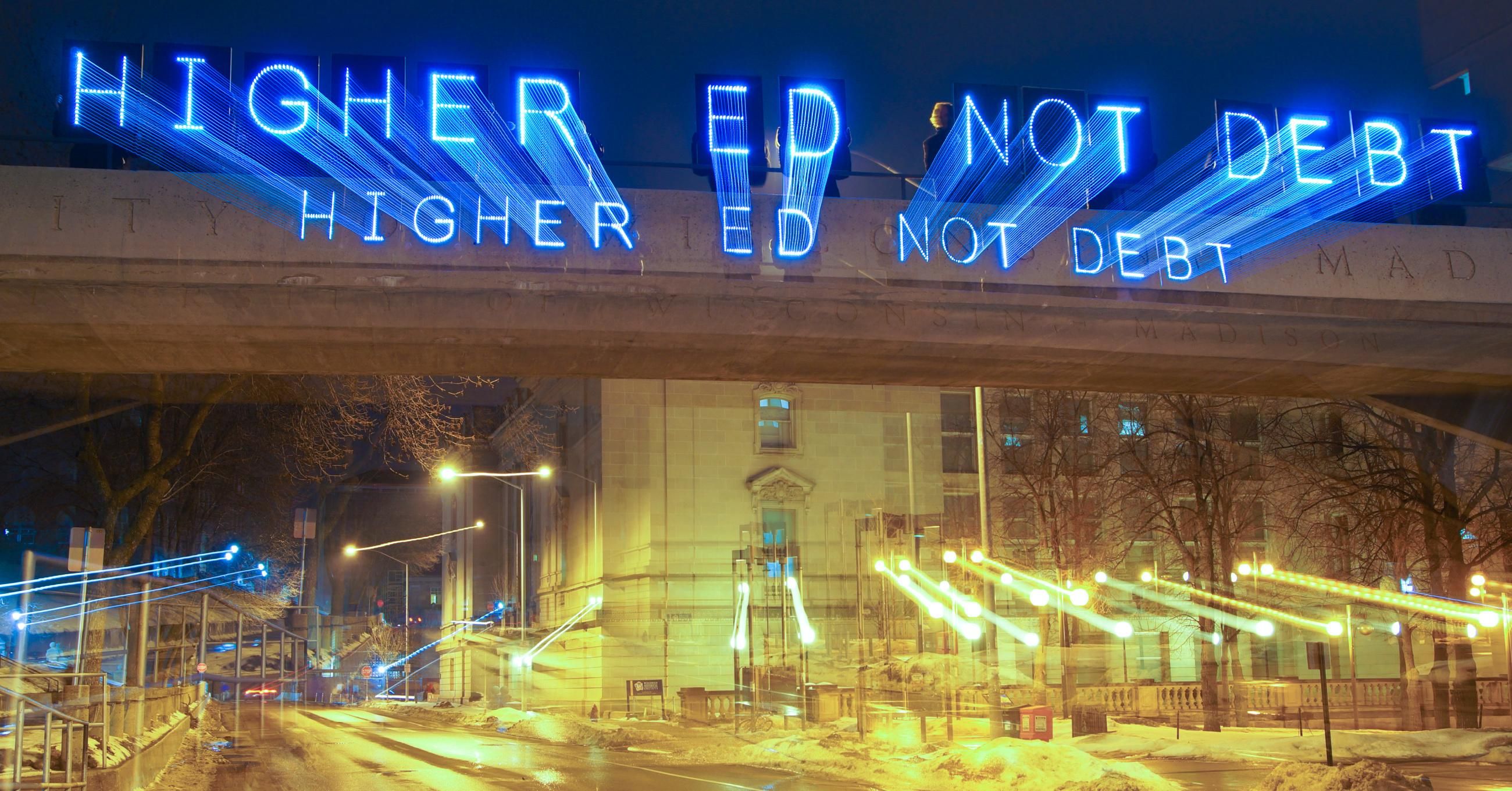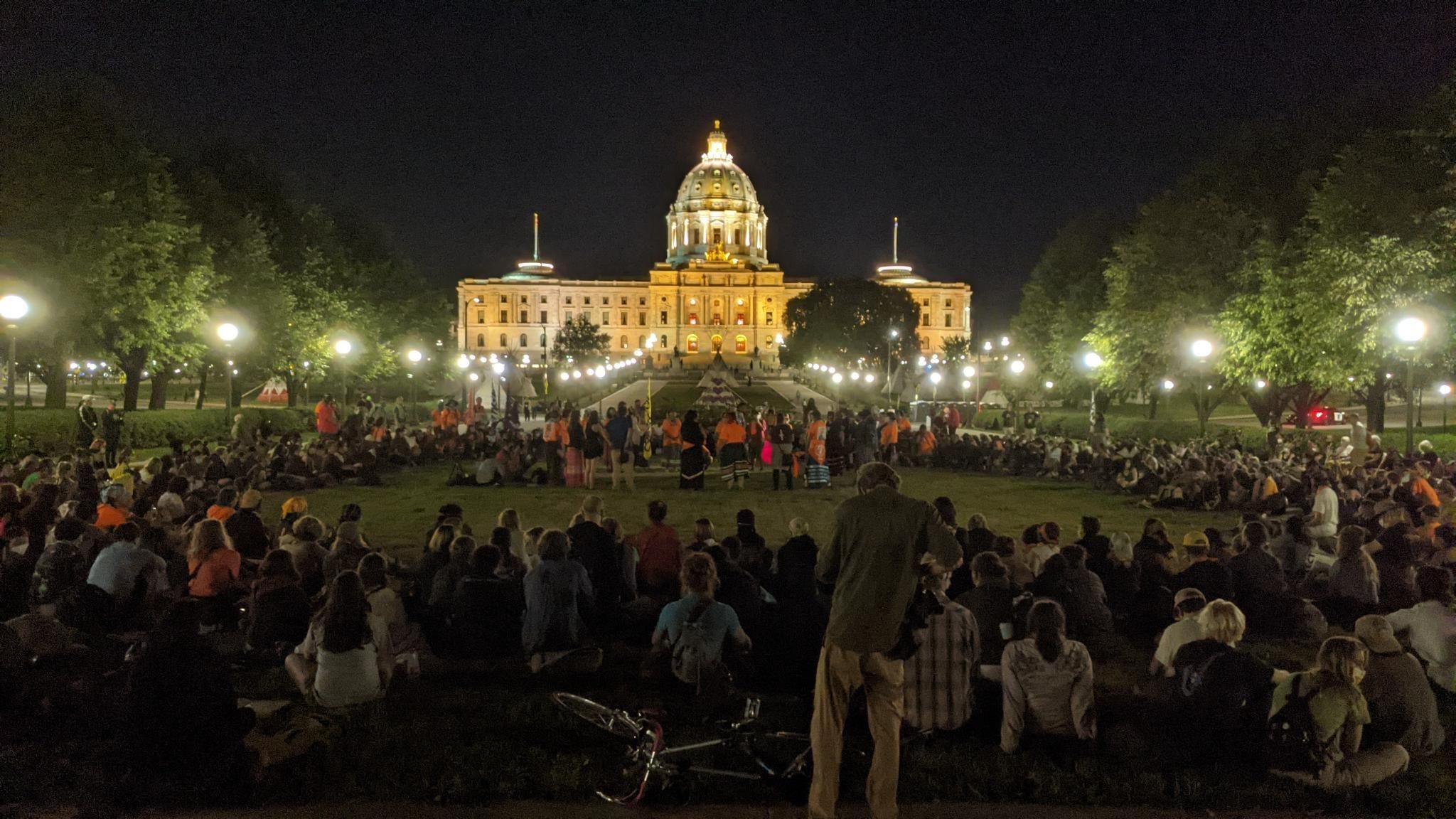Such a crash could have caused a new, even more massive iceberg to break off.
By Yasemin Saplakoglu

A massive iceberg that broke off of Antarctica last year recently spun around and narrowly avoided colliding with the Brunt Ice Shelf. Such a crash could have caused a new, even more massive iceberg to break off.
Iceberg A-74, which is more than 20 times the size of Manhattan, split from Antarctica's Brunt Ice Shelf in February 2020, Live Science previously reported. Ocean currents kept the giant beast near its parent ice shelf for the past six months, according to a statement from the European Space Agency (ESA). Everything was quiet, until the winds came.
In early August, strong winds spun the iceberg around the ice shelf. Two polar-orbiting satellites that make up the Copernicus Sentinel-1 mission captured radar images between Aug. 9 and Aug. 18 that showed A-74 "brushing slightly" against a thin strip of ice that juts off the shelf and then moving south.
"The nose-shaped piece of the ice shelf, which is even larger than A-74, remains connected to the Brunt Ice Shelf, but barely," Mark Drinkwater, head of ESA's Mission Science Division, said in the statement. "If the berg had collided more violently with this piece, it could have accelerated the fracture of the remaining ice bridge, causing it to break away."
A-74 is about 490 square miles (1,270 square kilometers), but if it had hit the ice shelf hard enough, it could have released another iceberg with an area of about 656 square miles (1,700 square km), according to the statement.
Two major cracks in the ice shelf, known as "Chasm 1" (extending northward) and the "Halloween Crack" (extending eastward), are separated by a small distance. If they were to meet — for example, if there were a strong impact — an iceberg would break off, according to ESA. It's natural for ice shelves to calve, and glaciologists have been following the formation of small fractures and larger chasms for years.
A-74 broke off along the North Rift crack, the third major chasm to open in the Brunt Ice Shelf in the past decade, Live Science previously reported. Drinkwater noted that the team will continue monitoring the iceberg and the ice shelf using the Sentinel satellite imagery.










